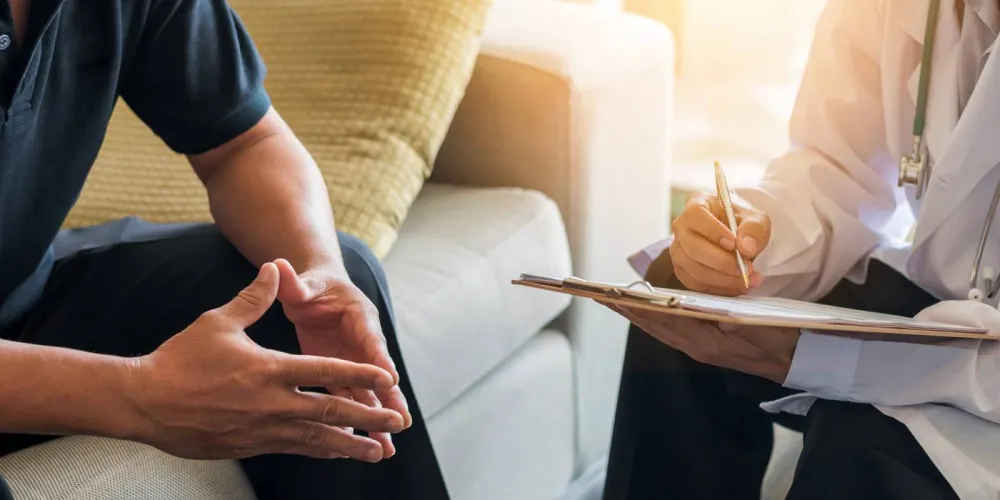ANZUP and The George Institute join forces to shed light on prostate cancer treatments

The Australian and New Zealand Urogenital and Prostate Cancer Trials Group (ANZUP) and The George Institute for Global Health have announced a new collaboration to improve outcomes in genitourinary cancers, with an initial focus on predicting which patients will benefit from radiation therapy after surgery for prostate cancer.
The first project for the partnership is the DIPPER trial (ANZUP 2002). This phase II study is now recruiting and will compare cancer control and quality of life outcomes of early radiation therapy vs surveillance in patients who have had their prostate removed and whose cancer has a low risk of progression or metastasis. The surveillance arm will employ the new PSMA PET/CT scans, which use a radioactive substance to target the protein known as prostate-specific membrane antigen, commonly found on prostate cancer cells.
Professor Ian Davis, Chair of ANZUP, said that this new collaboration combines the complementary expertise and resources of both organisations.
“We are delighted to be working with The George Institute, which brings its global experience in working with international partners to maximise research impact and ensure global reach, while ANZUP brings renowned leadership in urogenital cancer clinical trials, and multidisciplinary experts working to improve outcomes for people with cancers of the genitourinary system,” he said.
“We’re proud of the collaborations we are forging with a number of national and international research groups to improve treatment and outcomes for patients living with genitourinary cancers by running world-class clinical trials and delivering the best possible standard of care. Our work with The George Institute will help us have an even wider and more effective impact.”
A/Prof Mei-Ling Yap, Head of the Cancer Program at The George Institute said that prostate cancer was the most common cancer diagnosed in Australia and the fourth most common globally.
“It’s important not only to improve the survival of people diagnosed with prostate cancer around the world, but also to optimise their quality of life through the minimisation of treatment side effects,” she said.
“For people who have surgery for prostate cancer, up to one third will have changes in their follow up-blood tests which indicate that their cancer has returned. For these patients, we want to better identify who needs need early radiation therapy and in whom it is safe to wait.”
Professor Bruce Neal, Executive Director of The George Institute in Australia, said “This is a really exciting new collaboration for us. By combining the deep cancer expertise at ANZUP with our skills in getting new ideas tested in the real world, I believe we can make a big difference. This is a great example of two world-leading Australian research groups joining forces to maximise impact.”
Stay connected and updated
Subscribe to our mailing list for the latest news, events, and updates in health research.
